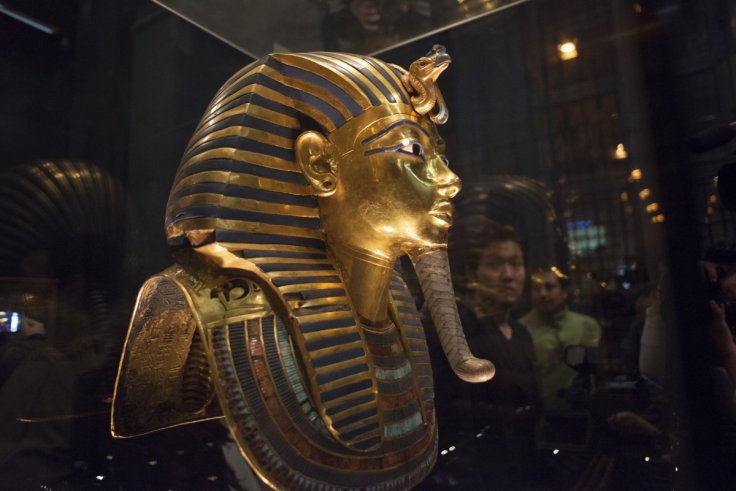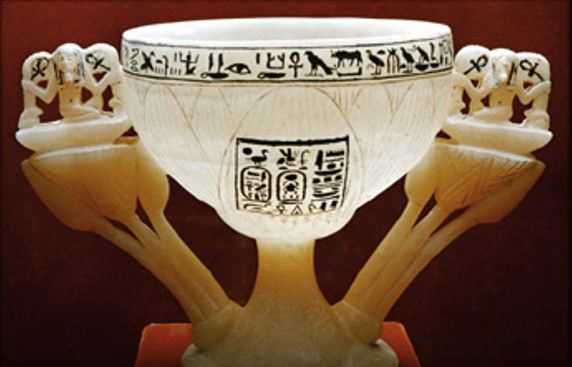
"The boy-king" of Egypt or Tutankhamun ruled as a pharaoh for 10 years until his mysterious death at the age 19. He was barely known to the modern world until 1922 when British archaeologist Howard Carter entered the boy pharaoh's tomb the Valley of the Kings that was sealed for over 3,200 years. Recently an archaeologist found a secret message of the pharaoh on a grave.
The world-famous Egypt archaeologist, Dr Zahi Hawass found a secret Tutankhamun prayer written on Howard Carter's grave. The Egyptologist said that during the discovery of the wishing cup from the tomb of the pharaoh which is made of alabaster Carter found a religious prayer engraved on the cup. When Dr Hawass visited the grave in 2018, he found that message as Carter requested the text to be written on the grave.

The ancient wishing cup is currently known as Lotus Chalice which was one of those items Carter and his team of excavators discovered after entering the tomb of Tutankhamun. The white cup was located exactly behind the entrance of the corridor to the antechamber. Later, the team of researchers found the message on the cup that reads, "May your spirit live, may you spend millions of years, you who love Thebes, sitting with your face to the north wind, your eyes beholding happiness."
After the discovery of the tomb, over 150 artefacts were sent from Egypt to London. Following the opening of the new exhibition "Tutankhamun: Treasures of the Golden Pharaoh" they will be on display till May 3, 2020.
"All of these 150 artefacts were inserted in the tomb which would help the deceased to fight and go straight to the afterlife," told Dr Hawass to Express.co.uk adding that "Each one of them is unique, if you look at it, it will capture the heart of any visitor to this exhibition. I don't believe in the afterlife, but it was the belief of the afterlife that allowed the ancient Egyptians to build Egypt."
It should be noted that the exhibition in France becomes the most visited of all time with an attendance of over one million. The organizer of this exhibition, Dr Tarek Al Awady said that even though it is very exciting to have a tour of King Tutankhamun's world, it is also a huge responsibility.
It should be mentioned that after the discovery of the tomb, stories spread about a curse on anyone who dared to break into a pharaoh's grave. Even though no curse had actually been found, deaths in succeeding years of various members of the excavation team and alleged visitors to the site kept the story alive.
Dr Awady said that when Egyptologist Lord Carnarvon, who was financing the exploration program died after few months of the discovery "the news was spread everywhere about the curse of the mummy, it was very interesting, but every tiny incident was then related to this curse." However, he also rubbished the claims that any of these ancient items could possibly be cursed.









